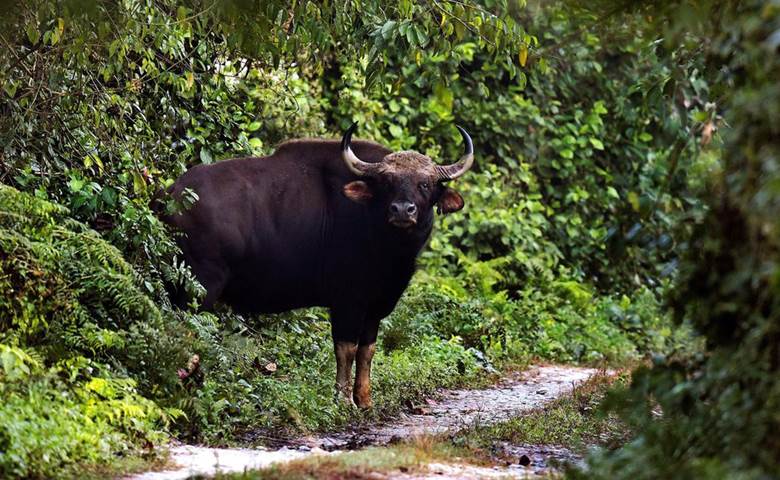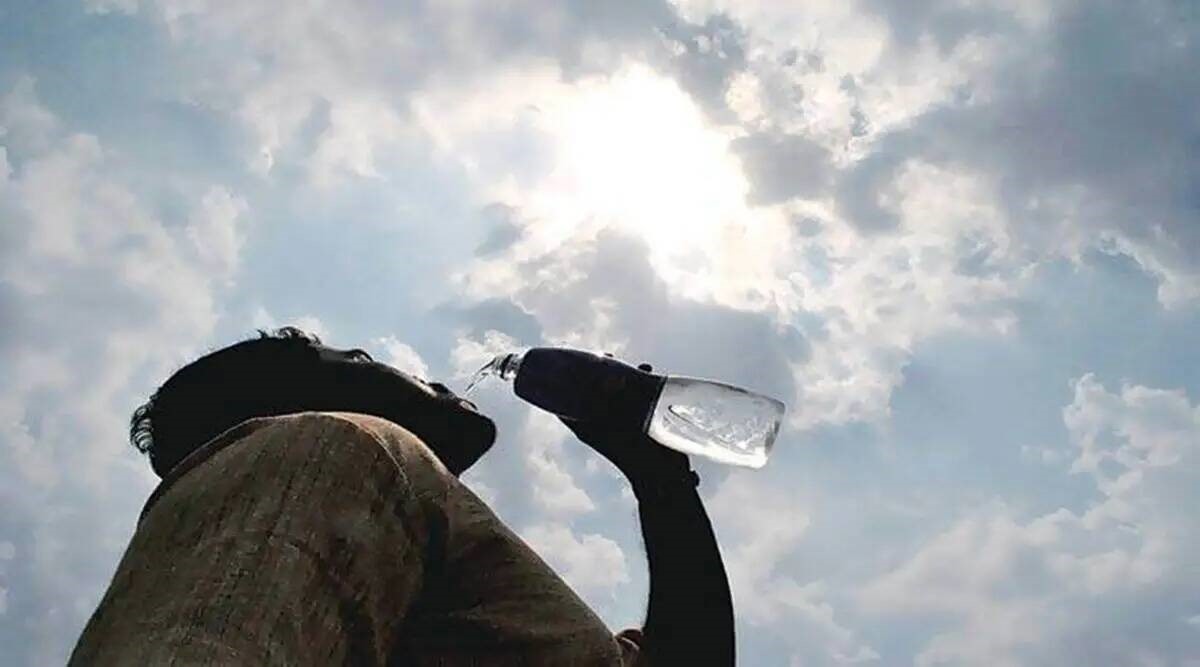Description

Copyright infringement not intended
Context: Sri Lanka recently asks India to translocate 6 Indian bisons or gaurs to reintroduce them in the island after three centuries.
Details:
More on the news:
- Close on the heels of the project that translocated cheetahs from Namibia, the Indian government is considering a proposal from Colombo to export a number of gaurs, or Indian bisons, to Sri Lanka to revive the population of gavaras that have been extinct in the island since the end of the 17th century.
- If the project is cleared, it would be the first such agreement between India and Sri Lanka, and part of a global trend of “wildlife or zoological diplomacy”

About Indian Bison:
- Indian Bisons are one of the largest extant bovines. It is one of the largest species among the wild cattle, reaching a shoulder height of up to 220 cm.
- The Indian gaur, a reclusive beast that lives in the wild, is the largest wild bovine that is a protected species and included in Schedule I of the Wild Life Protection Act, 1972 and listed as vulnerable in the International Union for Conservation of Nature (IUCN) Red List.
- They are found on the forested hills and grassy areas of south to south east Asia.
- There are about 13,000 to 30,000 gaurs in the world with approximately 85% of the population present in India. It is also found in Burma and Thailand.
- The Western Ghats in southern India constitute one of the most extensive extant strongholds of gaur, in particular in the Wayanad – Nagarhole – Mudumalai – Bandipur complex.
- The first-ever population estimation exercise of the Indian gaur carried out in the Nilgiris Forest Division in February 2020 estimated around 2,000 Indian gaurs to be inhabiting the division.
- The gaur is the State Animal of Goa and Bihar.
- It is a protected species and included in Schedule I of the Wild Life Protection Act, 1972
- Listed as “vulnerable” in the International Union for Conservation of Nature (IUCN) Red List.
- It is listed in CITES Appendix I.
- Zoological Diplomacy: means the translocation and reintroduction of a species, particularly between neighbouring countries with similar eco-systems. It is considered as a potent tool in
- For example, American bison herds were supplemented with animals from Canada after the U.S. herds were almost all wiped out
- The U.K. has recently introduced the European bison (Wisent) after an estimated 10,000 years in June 2022
- Israel has for decades pursued reintroductions, including of Persian fallow deer.
- Arabian oryx and other species have been released into the Negev desert, and South Africa has recently used the export of cheetahs to other African countries as a diplomatic tool during the post-apartheid era.
- More recently, Cambodia has requested translocating tigers from India, which is under consideration.
https://www.thehindu.com/news/national/as-wildlife-diplomacy-takes-wing-government-considers-sri-lankan-proposal-for-translocating-gaurs/article66014391.ece












